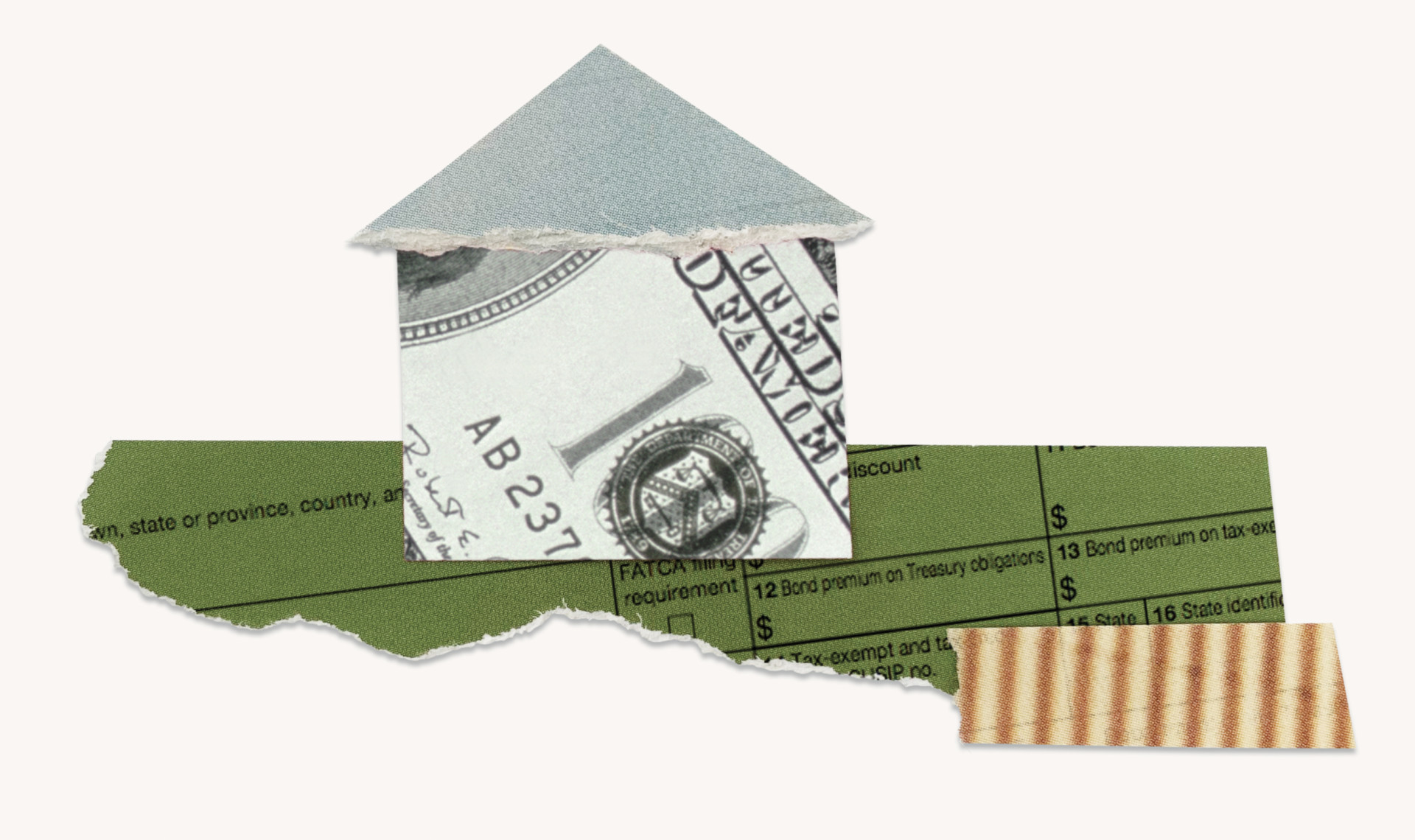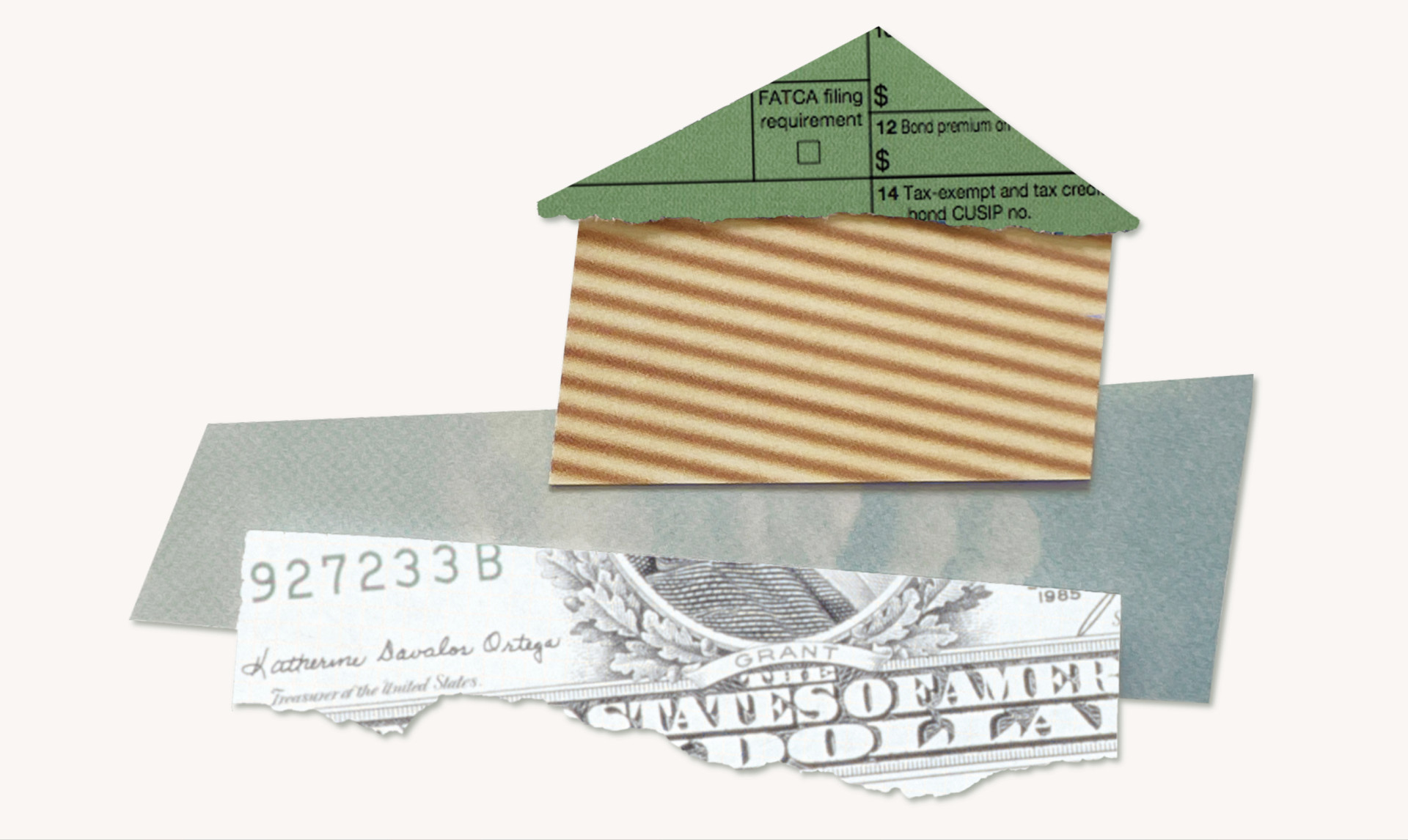What exemptions apply to AB 1482, California’s rent-control law?
Legal compliance & taxes
3/10/2021
What types of housing are exempted from both the rent cap and just cause limitations?
- Units constructed in the last 15 years are exempt (on a rolling basis, i.e., a unit constructed on January 1, 2008 is not covered as of January, 1 2023, but is covered on and after January 1, 2023).
- Units are exempt if they are restricted to be affordable for low- or moderate-income residents.
- A single family home is exempt unless it's owned by a real estate investment trust (REIT), a corporation, or an LLC where one of the members is a corporation. The owner must inform the renter in writing that the tenancy is not subject to the rent cap and just cause limitations.
- Duplexes and other two-unit properties are exempt if one unit is occupied by the owner.
- Some dormitories are exempt.
What are some just causes to evict tenants?
- Nonpayment of rent.
- A breach of the material term of the lease.
- Nuisance, waste, unlawful, or criminal activity.
- Refusal to sign a written extension or renewal of the lease.
- Assigning or subletting.
- Refusal to allow the owner to enter the unit.
- The owner moving themselves or a family member into a unit.
- The owner substantially renovating.
- The owner going out of business.
What rental property units are exempt from the just cause regulations?
- Rental properties that are already subject to a local ordinance that requires just cause to terminate a tenancy and is more protective than state law.
- Single family, owner-occupied residences where the owner rents no more than two bedrooms or units, including accessory dwelling units and junior accessory dwelling units.
- Accommodations in which the tenant shares a bathroom or kitchen with the owner, if the owner uses the property as their principal residence.
What are the provisions for eviction under AB 1482?
- Eviction provisions apply only after all tenants have lived in the unit for one year or more, or if at least one tenant has occupied the unit for two years.
- A tenancy may not be terminated without just cause, which must be stated in the termination notice.
- Some just cause reasons are categorized as at-fault, some as no-fault. In the case of no-fault evictions, relocation assistance is required.
- The mere expiration of a lease or rental agreement is not a just cause.
What are the rent increase limits and exceptions?
- For units covered by the Tenant Protection Act, annual rent increases are limited to no more than 5 percent plus the percentage change in the cost of living for the region in which the property is located, or 10 percent, whichever is lower.
- For rent increases that take effect before August 1, the percentage change is calculated using the amount published for April (or March, if no amount is published for April) of the immediately preceding calendar year and April (or March) of the year before that.
- For rent increases taking effect on or after August 1, the percentage change is calculated using the amount published for April (or March, if no amount is published for April) of that calendar year and April (or March) of the immediately preceding calendar year.
- The percentage change must be rounded to the nearest one-tenth of one percent.
- No more than two increases are allowed in any 12-month period, and the total increase cannot exceed the 5 percent plus CPI cap.
- The total rent paid by subtenants to a master tenant cannot exceed the rent charged by the owner.
- There is no limit on the initial rent charged for a vacant unit.
How must property owners communicate with tenants?
How are violations of AB 1482 enforced?
You might also like

What is the 20% Qualified Business Income deduction?
Legal compliance & taxes

5 tax advantages for real estate investors
Legal compliance & taxes 10 min read

The ins and outs of legal compliance for property investors
Legal compliance & taxes 5 min read

31 tax deductions real estate investors need to know about
Legal compliance & taxes 8 min read
Results Oriented, Full-Service Property Management
Simple monthly rates. Upfront, flat-fee pricing. Click on your city below to learn more about our property management services.